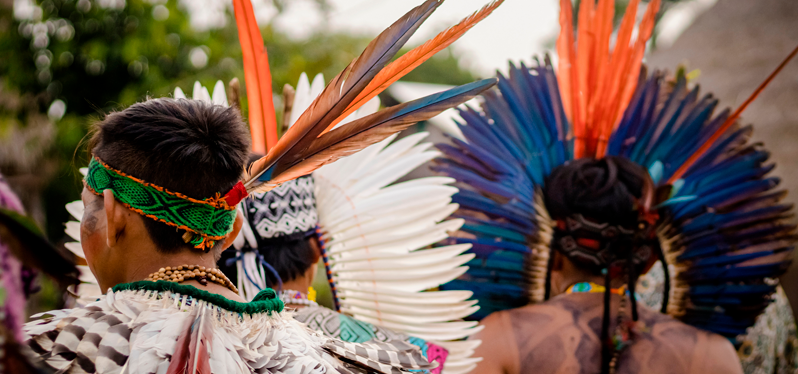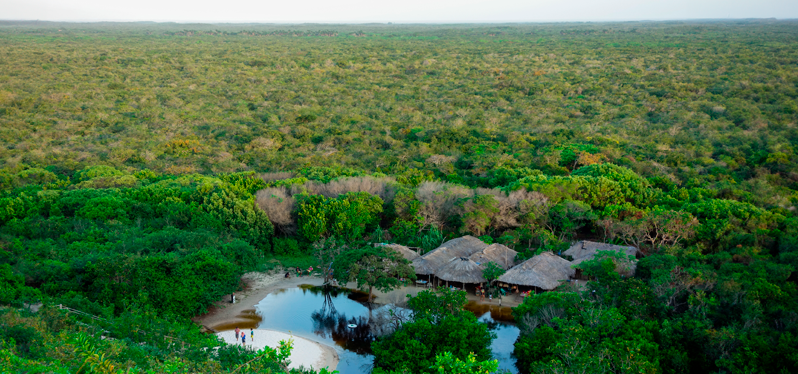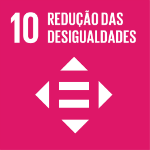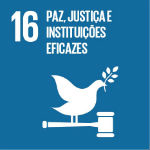Posted in: 04/19/2024
The rights of Indigenous peoples are threatened by violations. This is evidenced by the data panel released by the National Human Rights Ombudsman of the Ministry of Human Rights and Citizenship. In the first semester of 2023, 31 violations against individuals of Indigenous ethnicity were recorded, while in the second semester of the same year, there were 582 violations.
With two months remaining in the first semester of 2024, there have already been 310 violations of Indigenous peoples’ human rights. These cases of rights abuses were documented through 36 complaints and primarily occurred in the states of Roraima (9) and Mato Grosso do Sul (8).

The issue also gained international attention during the 54th session of the United Nations Human Rights Council in Geneva, where Brazilian Indigenous individuals denounced the violation of their rights amidst the approval process of the Temporal Framework Bill, which aims to define their lands.
During the session, the Indigenous Association of the Arara People of Cachoeira Seca (Kowit Association) lodged a formal complaint of violations in the Cachoeira Seca Indigenous Territory. At the time, the leader, Tymbektodem Arara, highlighted land invasion and deforestation as major cases of rights violations.
The Federal Constitution of 1988 guarantees the original rights of Indigenous peoples over their lands. However, with the approval of the Temporal Framework at the end of 2023, the review of already demarcated areas brought uncertainty for Indigenous peoples.
Why the review of Indigenous Lands?
The Temporal Framework stipulates that Indigenous peoples would only have rights to the lands they occupied until the date of the promulgation of the Federal Constitution on October 5, 1988. Consequently, any occupation or expansion of lands after that date must be reviewed.

But, understanding what is stated in the Constitution itself, the Office of the Attorney General (PGR) argues for the overturning of the Temporal Framework, according to the opinion sent by the Attorney General, Paulo Gonet, to the Supreme Federal Court (STF).
While the Temporal Framework remains in force, the Articulation of Indigenous Peoples of Brazil (Apib) has relaunched the “Indigenous Emergency” project, initially created to address the crisis caused by the COVID-19 pandemic.
With the relaunch, the project aims to engage people in the fight for Indigenous populations’ rights and structure efforts to address threats, the criminalization of leadership, invasions, and other situations endangering Indigenous rights.
Furthermore, as a means to safeguard these rights, the government has submitted a document to the UN with proposals to promote Indigenous participation in decision-making functions and processes, support initiatives to guarantee rights, and recognize the role played by Indigenous peoples in environmental protection.


Sign up and receive our news.